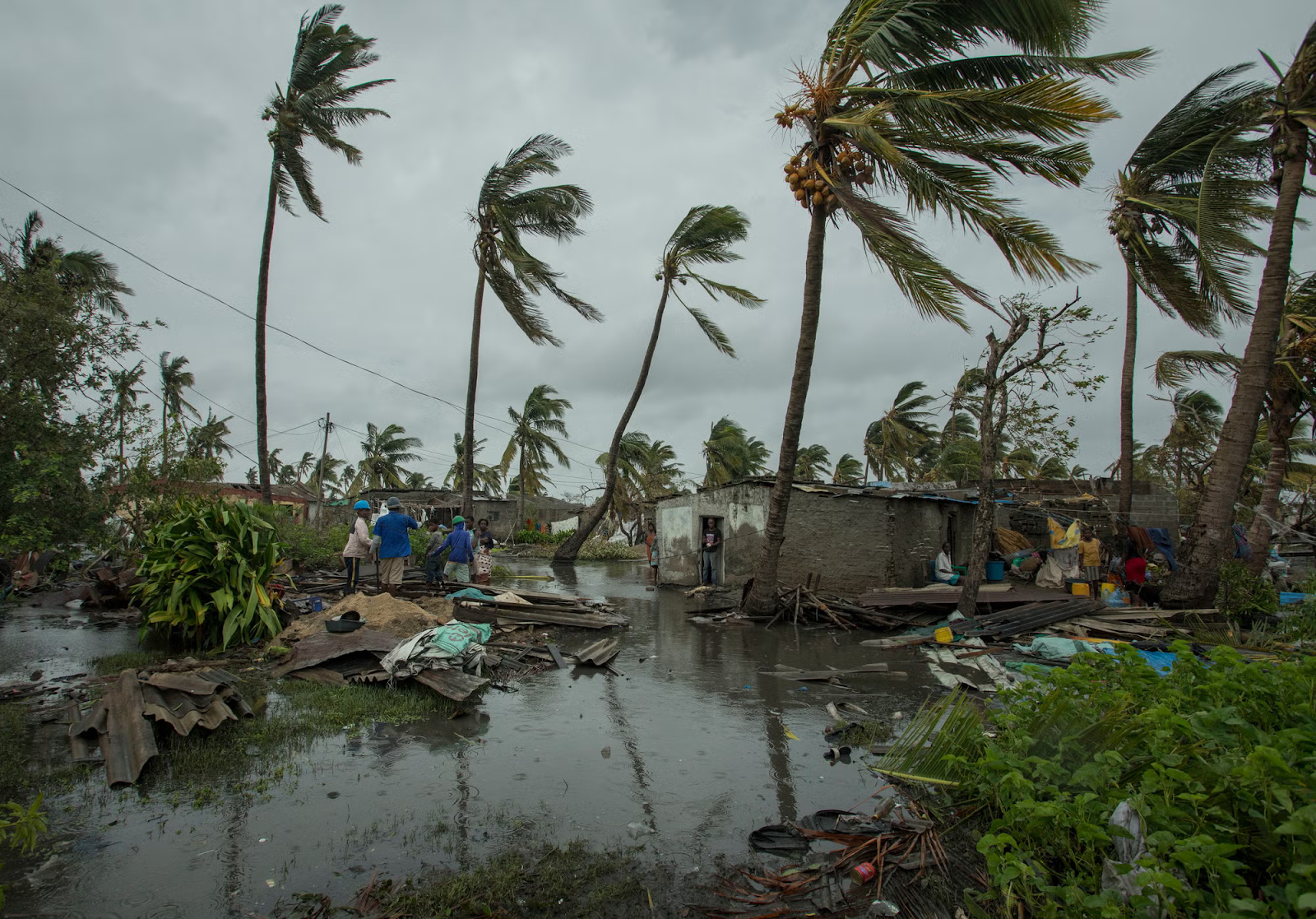Building Resilience Through Empathy in Disaster Preparedness
Natural disasters can leave communities feeling broken, both physically and emotionally. Events like Cyclone Idai remind us that disaster resilience is not just about buildings and finances it’s also about caring for each other. Understanding the feelings and needs of those affected is crucial for creating effective recovery plans.
Natural disasters, like Cyclone Idai, have shown us just how devastating climate change can be. In 2019, this cyclone left over 1,000 people dead and caused billions in damages across Mozambique, Malawi, and Zimbabwe. Such events not only destroy lives and property but also have long-lasting effects on economies, especially for the poor who struggle to recover. As climate change continues to increase the frequency and severity of these disasters, it’s crucial for vulnerable countries to develop strategies to prepare and cope.
Social resilience is equally important, as it ensures that emergency response plans are in place to protect critical services like water and medical care after a disaster. Countries need to identify their vulnerabilities and create a roadmap to enhance their resilience. This strategy should be based on thorough risk assessments and should complement existing disaster response plans. By doing so, countries can better position themselves to receive support from the international community.
Collaboration is essential for creating a caring approach to disaster preparedness. Involving community members, local organizations, and governments in planning ensures that the needs of those most affected are considered.





I think the emotional toll that results from climate migration and/or natural disasters has gone largely unaddressed, but it is incredibly important. Mental health is already a huge crisis in the US and across the globe and climate change is likely to only worsen it.
ReplyDeleteWe get so few news reports about climate impacts in the global south - the cyclone Idai that you talk about is a perfect example.
ReplyDeleteI love the awareness that this blog post brings. Collaboration and empathy are so important to any problem-solving.
ReplyDeleteI agree that collaboration is key when facing the effects of disasters. I appreciate you sharing the impacts of cyclone Indai. It baffles me that there have been so many catastrophic storms that we hear little about in the US.
ReplyDeleteI have been following Africa for a long time in the news as best I can. So often it is invisible to mainstream media.
DeleteAspects like these are the biggest reason that climate change measures need to be presented equitably.
ReplyDeleteThis is interesting. I think if the global north put effort into collaborating with the global south we wouldn't have nearly as hard of a time fixing this global climate issue.
ReplyDeleteI have not heard about this cyclone.. thank you for sharing the news. It is sad how much digging we have to do to figure it out.
ReplyDeleteI really liked how you highlighted the role of empathy in disaster response. Resilience isn't just about infrastructure—it’s about people, too.
ReplyDeleteGood point, Yusuf.
ReplyDelete